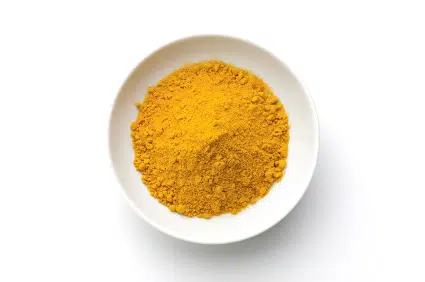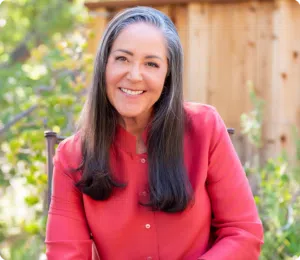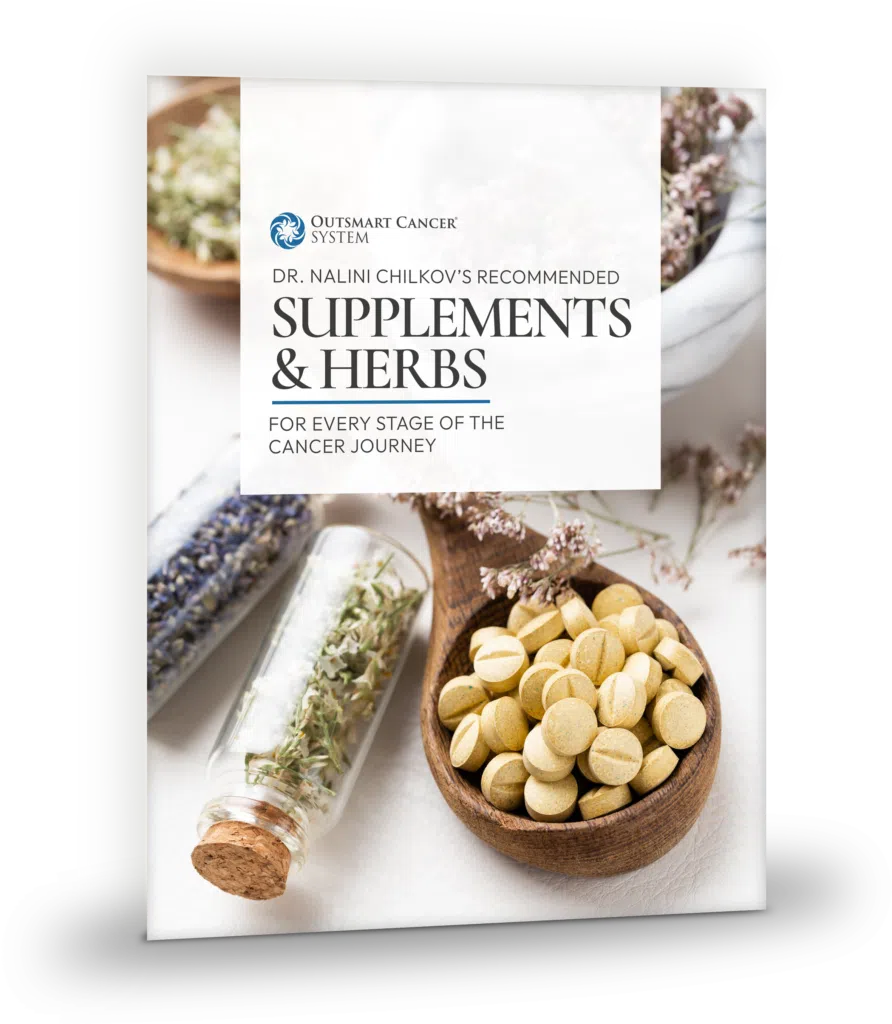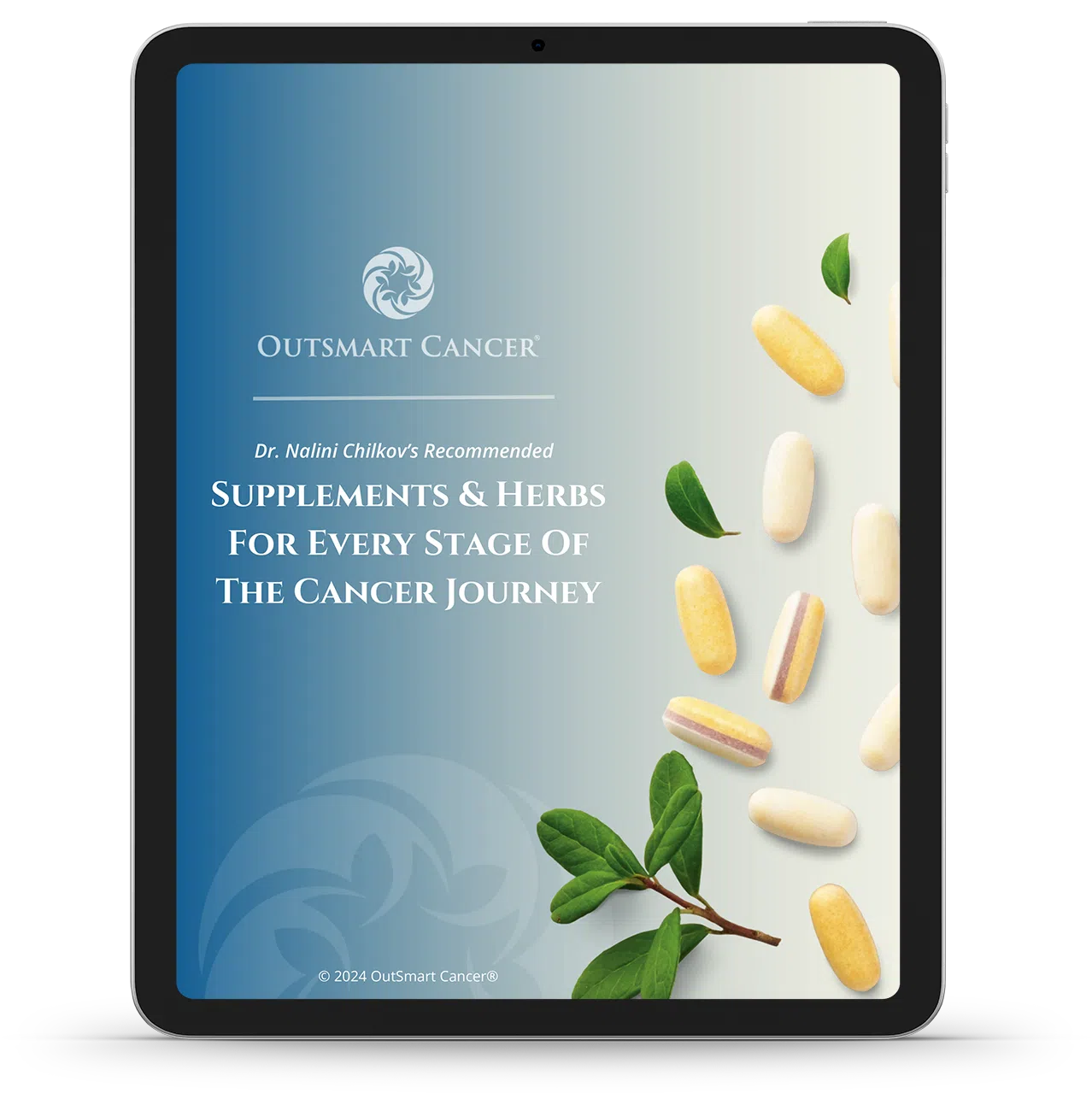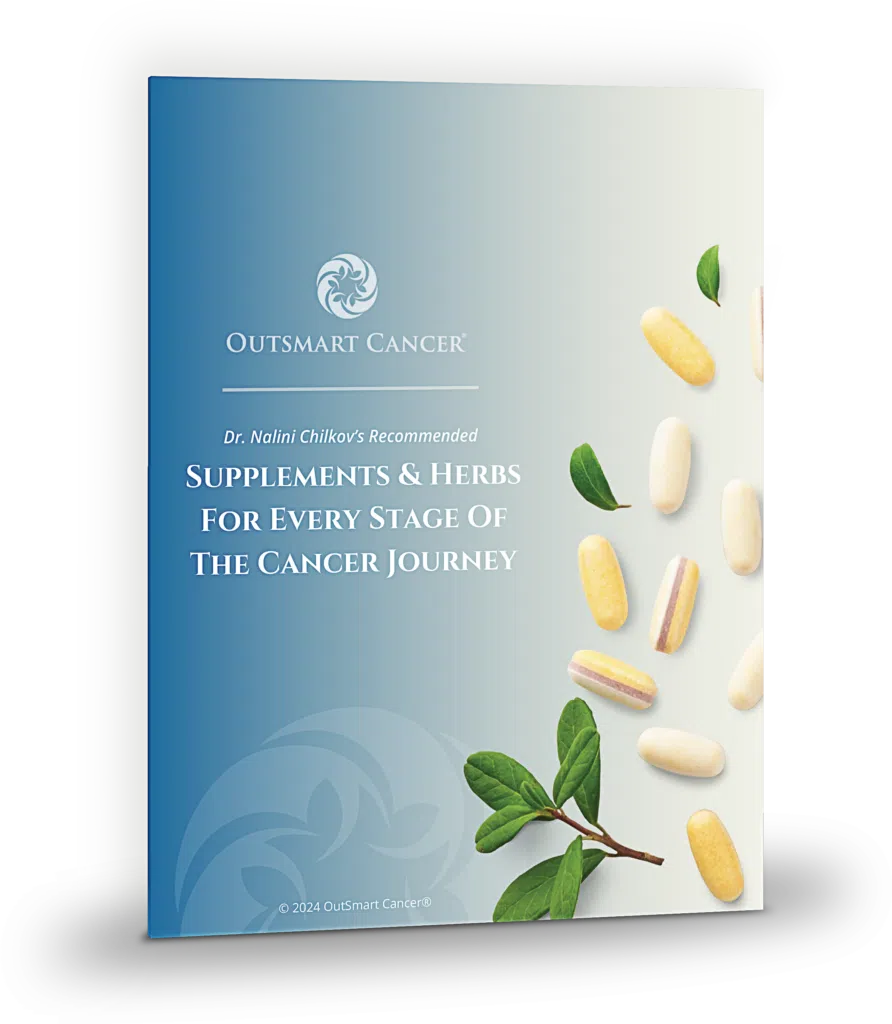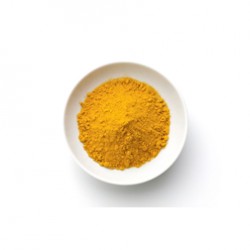
What drives the spread of Breast Cancer?
Recent studies from the University of California, San Diego, published in the British Journal, NATURE, have discovered a molecule called RANKL, found in aggressive breast cancer cells that predicts more deadly, lethal and life threatening disease.
The findings from these recent studies suggests that drugs that block RANKL may be effective in preventing both the early stages of breast cancer and the advanced progression of the disease.
Research has also shown that Curcumin, the active ingredient in the common spice, Tumeric, has properties that also reduce the expression of these deadly molecules within cancer cells and can potentially slow the spread of breast cancer.
Breast Cancer is not one disease. There are actually many breast cancers. When a woman is diagnosed with breast cancer, the tumor cells in her body must be analyzed in order to understand the nature of her unique disease. Some cancer cells are more aggressive and fast growing. Some cancer cells are sleepy, slow growing and less dangerous.
It is the presence of these more aggressive cancer cells that predicts that the breast cancer will spread to other parts of the body through a process called metastasis. Metastasis kills. Cancer patients rarely die from the primary tumor, the site where the cancer originates in the body. Breast cancer patients typically die from cancer that has spread or metastasized to other parts of the body, debilitating the function of vital organs such as the liver, lungs or brain.
When breast cancer cells are aggressive and able to spread throughout the body, long term survival is threatened. Identifying agents that stop or slow the spread of disease through these mechanisms can stop or slow the spread of cancer and save lives.
This new research demonstrates that when a protein molecule called RANKL (Receptor Activated Nuclear Factor Kappa Ligand) is present in breast cancer cells in high amounts, these tumor cells are more activated, more aggressive and more likely to spread, more likely to kill. RANKL is produced by regulatory T-Cells that modulate our immune response. High levels of these T-cells means high levels of RANKL, high levels of inflammation and aggressive high risk disease.
Blocking tumor promoting RANKL can block the spread of breast cancer cells to other parts of the body.
A new drug, denusomab, has recently been released by Amgen that performs this function. However, this new drug is not widely available to patients for all possible applications, requires insurance company approval and is very expensive. Therefore few patients will be able to have access to and benefit from this new therapy in the near future. The good news is that there is alternative cancer answer available now without a prescription, the natural substance Curcumin, derived from tumeric that can lower inflammation, lower RANKL, lower risk.
Dr. Bharat Aggarwal, Ph.D.Professor, Department of Experimental Therapeutics, Division of Cancer Medicine, The University of Texas MD Anderson Cancer Center, Houston, TX is one of many respected researchers and experts who has published many studies on the effects of curcumin on cancer cells. According to Dr. Aggarwal
Curcumin has a very special nature which will work both for cancer prevention as well as for cancer therapy.
Tumeric (Curcuma longa) is one of the most potent Cancer Fighting Foods. Curcumin, the active ingredient in this common medicinal and culinary herb has been widely studied. It is recognized as a potent cell protectant, anti-oxidant and anti-inflammatory agent.
Tumeric has been used for centuries to support cancer patients in Traditional Chinese Herbal Medicine and Indian Ayurvedic Medicine. Now modern science demonstrates why it works. Curcumin has been shown to influence many cellular factors, including lowering RANKL.
Curcumin has been shown to decrease RANKL in tumor cells. Curcumin can block RANKL as well as other inflammatory and tumor promoting molecules in cells (COX-2, LOX-5, MMP2,TNFa, NFKbEGFR, HER2, bFGF, TGF-B1, and VEGF.) Tumeric is found in many herbal formulas for the prevention and treatment of cancer.
The active medicinal principle, curcumin, when taken orally, is best absorbed when taken with oil in traditional Indian curries. To use botanical medicine for the prevention and treatment of any serious health condition, the herb must be of pharmaceutical quality and taken in the proper doses. As with any potent botanical medicine, the use of curcumin as an anti-inflammatory and anti-tumor agent should be used under the supervision and guidance of a knowledgeable health care professional.
Countries such as India in which tumeric is frequently consumed in the daily diet have lower rates of many cancers including prostate cancer, breast cancer and colon cancer. Tumeric can be safely added to your food as a cooking spice to add anti-inflammatory, anti-oxidant and anti-cancer properties to your daily diet.
You May Also Like:
Controlling Inflammation: Five Natural Ways to Put Out the Fire
Herbal Medicine, Healing and Cancer
Top High Lignan Foods That Lower Breast Cancer Risk
Dr Nalini on Facebook
